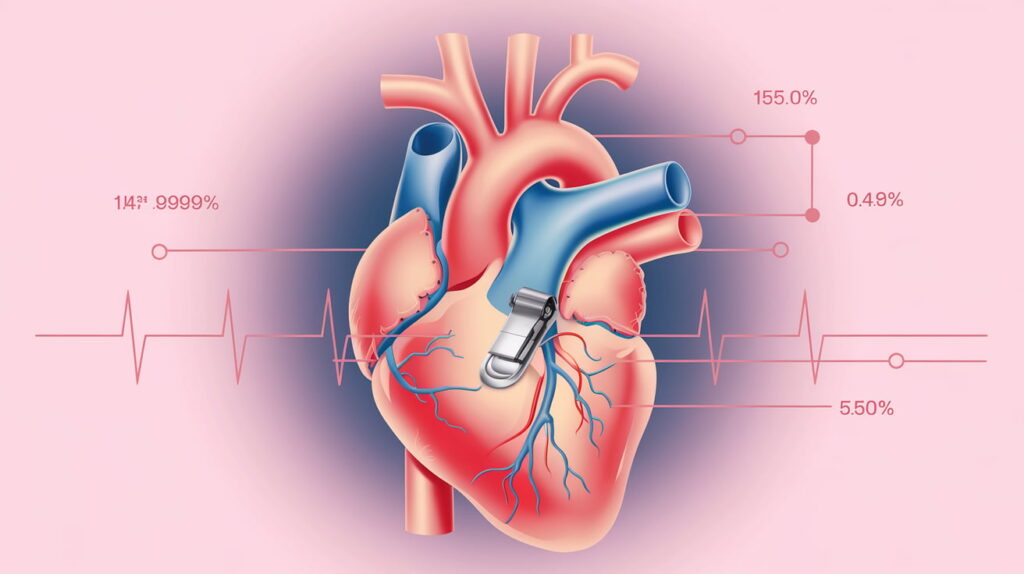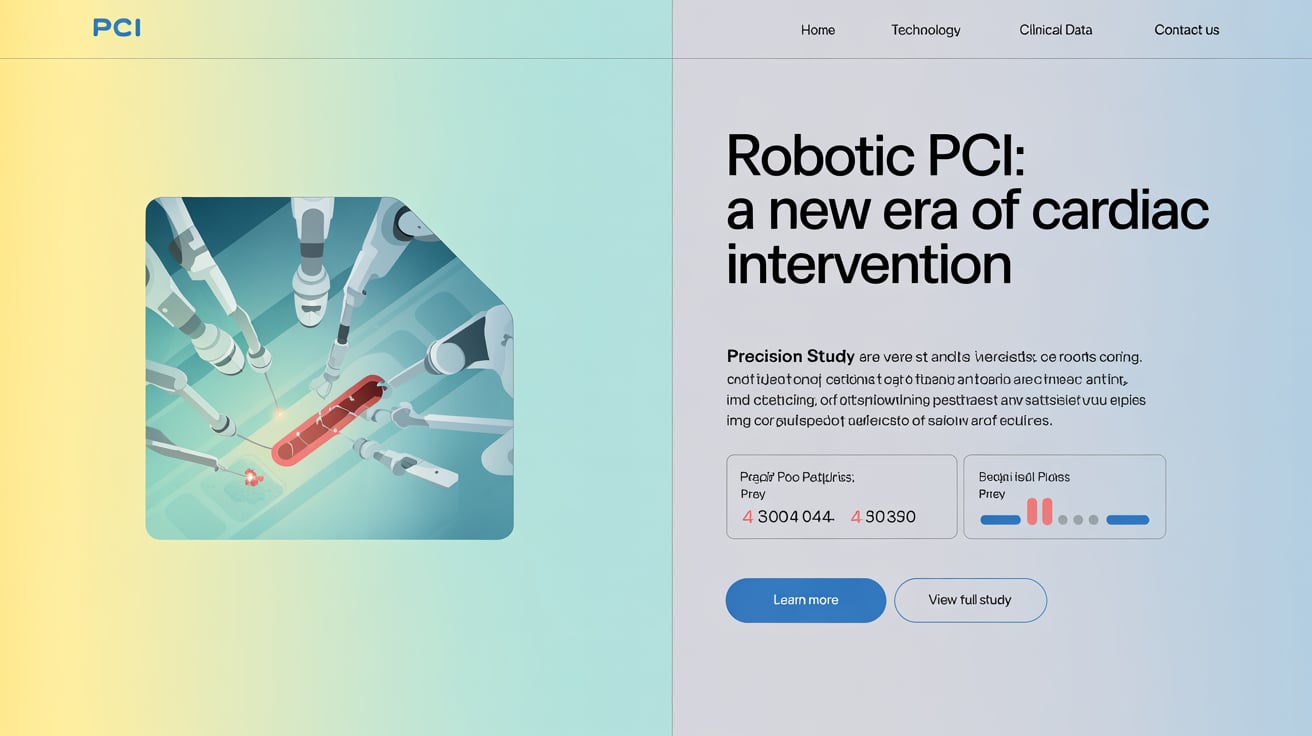Abbott’s TriClip system has shown significant, sustained improvements in the treatment of tricuspid regurgitation (TR), according to data from the TRILUMINATE pivotal trial. The study revealed that patients treated with TriClip experienced:
- Reduced TR severity after two years.
- Fewer hospitalizations due to heart failure compared to medical therapy.
- Long-term quality-of-life benefits.
TriClip, a transcatheter edge-to-edge repair (TEER) system, is delivered through a vein in the leg, repairing the tricuspid valve without open-heart surgery. The device clamps together portions of valve leaflets, improving blood flow.
Key Findings:
- Hospitalization Reduction: HFH rates were significantly lower in TriClip-treated patients.
- TR Reduction: 84% of TriClip patients achieved moderate or less TR, compared to 21% in the control group.
- Quality of Life: Patients showed over a 15-point improvement on the Kansas City Cardiomyopathy Questionnaire (KCCQ).
FDA-approved in April 2024, TriClip is a breakthrough for patients with symptomatic TR who are not candidates for surgery. The findings were presented at ACC.25 and published in Circulation.
Follow MEDWIRE.AI for more updates on heart valve treatments.








